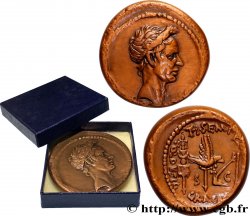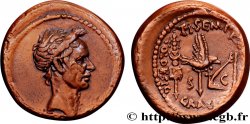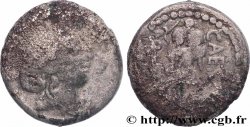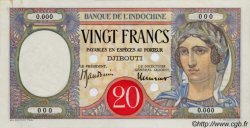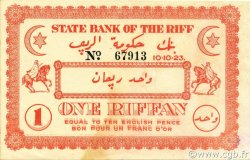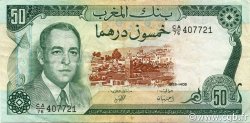MONNAIES 16 (2002)
起拍价 : 200.00 €
估价 : 400.00 €
竞价记录 : 360.00 €
出价数量 : 29
最高出价 : 360.00 €
起拍价 : 200.00 €
估价 : 400.00 €
竞价记录 : 360.00 €
出价数量 : 29
最高出价 : 360.00 €
种类 Denier
日期: 49 AC.
铸币厂名称/城市 Gaule ou Italie
材质 silver
纯度、成色(用角密度) + 950 ‰
直径 16 mm
模子方针 1 h.
重量 3,86 g.
关于品相的说明
Exemplaire sur un flan étroit, un peu court au revers, mais de haut relief avec une jolie patine de médaillier
出版目录中的项代码 :
家谱
Cet exemplaire provient de la collection Terisse
正面
正面的文字 CAESAR À L'EXERGUE.
正面的说明书 Éléphant passant à droite ; à ses pieds, un serpent (ou carnyx, trompette gauloise).
正面的翻译 “Cæsar”, (César).
背面
背面的文字 ANÉPIGRAPHE.
背面的说明书 Instruments pontificaux : simpulum, aspersoir, hache à sacrifice, chapeau à sacrifice.
评论
Pour ce type, M. Crawford a relevé une estimation de 750 coins de droit et de 833 coins de revers, représentant une production qui pourrait avoisiner les deux à quatre millions de deniers. Pendant très longtemps on pensa que ce denier avait été frappé par César, pendant la Guerre des Gaules entre 58 et 52 avant J.-C, en Gaule même. En fait, il fut fabriqué au début des Guerres Civiles. Il a été imité servilement par les Trévires avec le bronze HIRTIVS (LT. 9235), fortement romanisé.
For this type, Mr. Crawford noted an estimate of 750 obverse dies and 833 reverse dies, representing a production that could be around two to four million denarii. For a very long time it was thought that this denarius had been struck by Caesar, during the Gallic Wars between 58 and 52 BC, in Gaul itself. In fact, it was made at the beginning of the Civil Wars. It was slavishly imitated by the Treveri with the bronze HIRTIVS (LT. 9235), heavily Romanized
For this type, Mr. Crawford noted an estimate of 750 obverse dies and 833 reverse dies, representing a production that could be around two to four million denarii. For a very long time it was thought that this denarius had been struck by Caesar, during the Gallic Wars between 58 and 52 BC, in Gaul itself. In fact, it was made at the beginning of the Civil Wars. It was slavishly imitated by the Treveri with the bronze HIRTIVS (LT. 9235), heavily Romanized








 对产品描述纠错
对产品描述纠错 打印
打印 分享我的选择
分享我的选择 提问
提问 Consign / sell
Consign / sell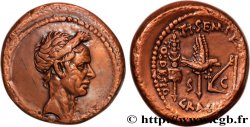
 产品介绍
产品介绍
